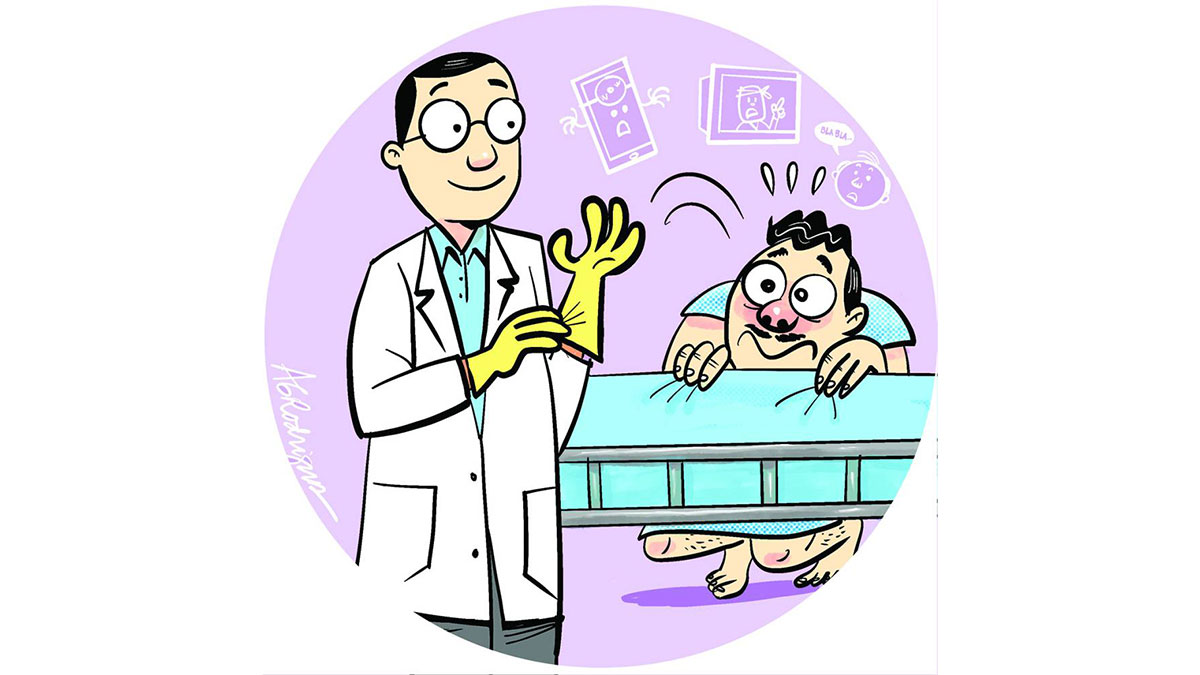Telling allergies apart from colds can be a challenging task, given that these health issues can cause similar symptoms in kids.
As a parent, seeing your kids struggle with allergy or cold symptoms can feel very disheartening. Fluctuating weather patterns, presence of allergens, and spread of germs in spaces where your kid frequents can all play a role in the onset of these symptoms.
While practicing good lifestyle habits and preventing exposure to possible causes can help reduce the risk of these symptoms, it is still important for you to be ready just in case.
Once you notice the symptoms of allergies and/or colds, these should be addressed right away to help the kids recover quickly and protect others too.
But how do you tell the symptoms of allergies and colds apart from each other? Keep reading to find out how you can differentiate each health issue’s symptoms and how to target these problems with the right medicine.
Spot the Difference: Allergies vs. Colds in Kids
Tired of dealing with the confusion or stress that comes with the similarities between allergy and cold symptoms? Don’t worry, as you can count on this guide to help you out:

Do remember though: Cases and symptoms can appear differently among kids. If you have additional inquiries about the potential symptoms of allergies and colds, you can seek the guidance of a doctor or medical professional to help you out.
What Causes Allergies Kids?
Another major difference between allergies and colds is the different causes linked to either of them. For starters, allergies can be linked to substances called allergens that make their way into your kid’s body.
Allergens cause the release of substances that can trigger sneezing and nasal discharge in predisposed individuals, which may then result in nasal obstruction, a main symptom of allergic rhinitis.
One of these substances is histamine, which is responsible for the allergy symptoms mentioned earlier. Allergens responsible for allergy symptoms in kids include:
- Pollen from trees, grass, weed, and plants
- Dust mites
- Insect stings or bites
- Pests like cockroaches and mice
- Animal dander, urine, or saliva from cats, dogs, rabbits, birds, gerbils, or guinea pigs
- Mold
Make sure to monitor your kids once they experience any allergy symptoms and see to it that they take necessary medication right away.
What Causes Colds in Kids?
On the other hand, colds are a viral infection of the upper respiratory tract, which is composed of the sinuses, nasal passageways, throat, and larynx. Out of the 200 known cold-causing viruses, rhinoviruses are responsible for a lot of these cases.
Unfortunately, colds can be contagious and can spread from one person to another by:
- Breathing in cold viruses present in the air that can accumulate after someone sneezes or coughs
- Touching an object that has come into contact with someone who has a cold, and touching your eyes, nose, or mouth afterward
- Having close contact with someone who has a cold, and touching your eyes, nose, or mouth afterward
While kids can recover from a cold on their own, you may want to monitor their symptoms. In some cases, secondary infections can occur because of a cold. Such infections include bacterial infections, middle ear infections, and sinus infections.
Should there be symptoms like a high-grade fever, swollen glands, sinus pain, or a cough with mucus, seek medical attention for your kid right away.
Be Ready With These Medicines Just in Case
When your kids are dealing with allergies or colds, don’t hesitate to give them medicine that can help address these issues. Even before they have to deal with these health problems, make sure these medicines are included in your health arsenal:
- Cetirizine Dihydrochloride (Allerkid®) for allergy symptoms: As the most pedia-prescribed anti-allergy medicine brand for kids, this medicine may help provide relief in as fast as 20 minutes.
Cetirizine Dihydrochloride (Allerkid®) contains a known antihistamine in cetirizine that helps block histamines responsible for allergy symptoms and lessens the risk of drowsiness and dizziness.
As such, Cetirizine Dihydrochloride (Allerkid®) may help address allergy symptoms such as sneezing, runny and/or itchy nose, itchy and watery eyes, skin itching, and rashes.
- Phenylephrine HCl + Chlorphenamine Maleate (Disudrin®) for colds: The no. 1 and most prescribed cold medicine for children contains two components that may work against colds. Phenylephrine HCl helps decongest air passages and sinuses, lessens, postnasal drip, and promotes easier breathing. Meanwhile, Chlorphenamine Maleate works against allergies and helps alleviate runny nose, sneezing, and itchy and watery eyes.
Due to this formula, Phenylephrine HCl + Chlorphenamine Maleate (Disudrin®) may help provide relief against sneezing, clogged and/or runny nose, itchy and watery eyes, and aid in decongesting sinus openings and passageways.
Cetirizine Dihydrochloride (Allerkid®) and Phenylephrine HCl + Chlorphenamine Maleate (Disudrin®) are to be taken orally or as directed by your kid’s pediatrician. These medicines are available online and in leading drugstores nationwide at the following price points:
- Cetirizine Dihydrochloride (Allerkid®): P159.22 SRP (30 mL syrup), P278.19 SRP (60 mL syrup)
- Phenylephrine HCl + Chlorphenamine Maleate (Disudrin®) P136.00 SRP (60 mL syrup), P204.00 SRP (120 mL syrup)
If symptoms persist, consult your kid’s pediatrician.
ASC Reference No.: G0218I071123A
ADVT.














































